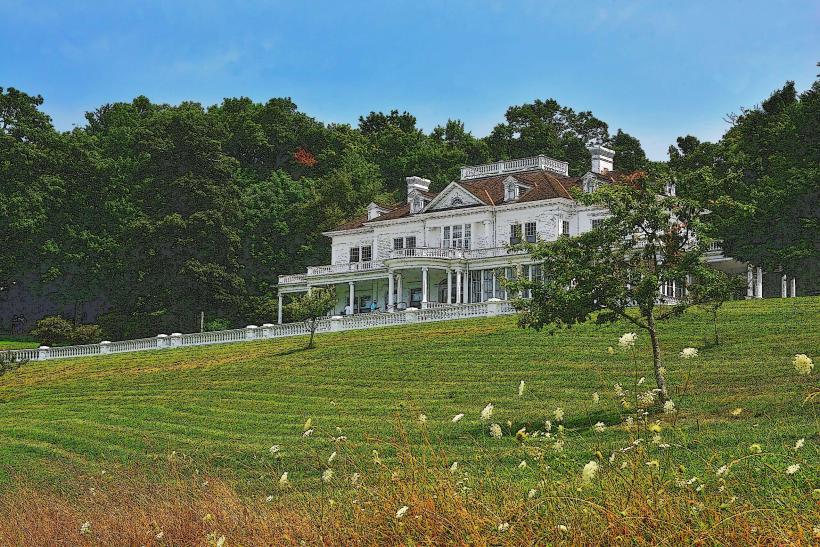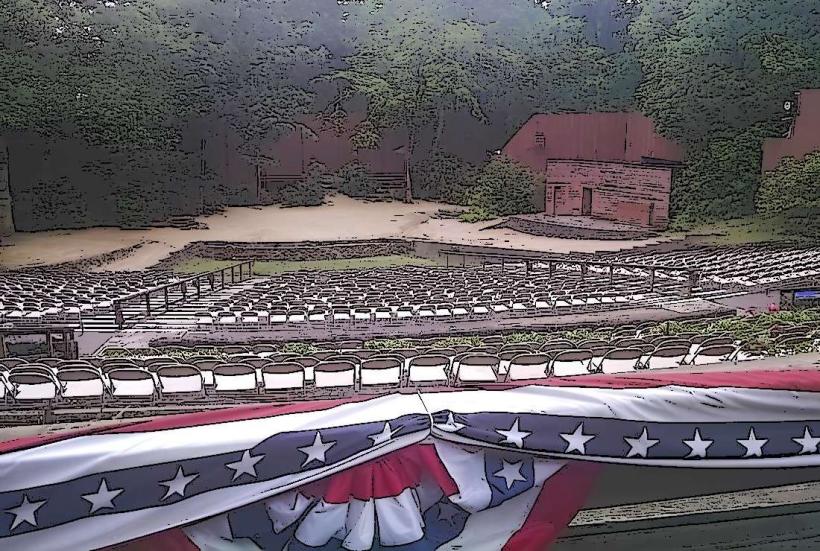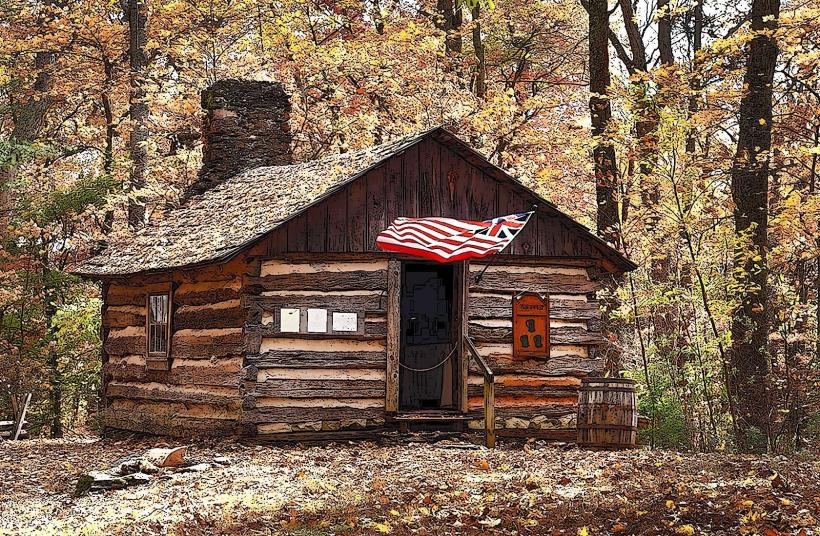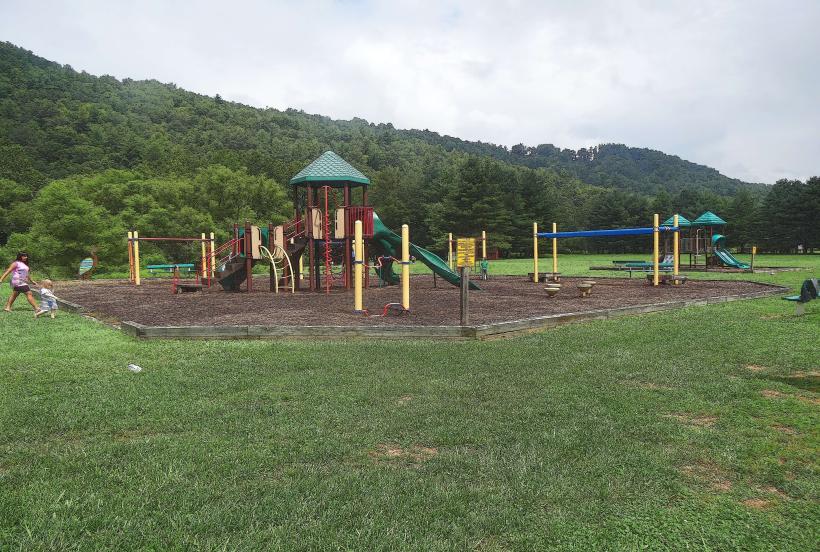Information
Landmark: Appalachian State UniversityCity: Boone
Country: USA North Carolina
Continent: North America
Appalachian State University, Boone, USA North Carolina, North America
Appalachian State University is a public university situated in Boone, North Carolina, USA.
It is the westernmost institution in the University of North Carolina System.
Visual Characteristics
The campus comprises a mix of brick and stone buildings, predominantly in earth tones and muted reds. Structures range from multi-story academic halls to administrative buildings and student residences. The architectural styles vary, incorporating traditional collegiate Gothic elements alongside more modern designs. The campus is integrated with the surrounding mountainous terrain, featuring landscaped areas with native trees and shrubs.
Location & Access Logistics
Appalachian State University is located at 1 University Drive, Boone, NC 28608. It is approximately 1.5 miles (2.4 km) from the center of downtown Boone. Access is primarily via US Highway 321 (King Street) and NC Highway 105 (Blowing Rock Road). Parking is available in designated campus lots, with permits often required during weekdays. Public transportation is provided by AppalCart, a local bus service with multiple routes serving the campus and surrounding areas.
Historical & Ecological Origin
Founded in 1899 as Appalachian Training School for Rural Teachers, the institution's original purpose was to provide teacher education for the Appalachian region. It evolved through various name changes and expansions, becoming Appalachian State Teachers College in 1948 and later Appalachian State University in 1972. The campus is situated within the Blue Ridge Mountains, part of the larger Appalachian Mountain range, characterized by deciduous forests and varied topography.
Key Highlights & Activities
Visitors can explore the campus grounds, including the pedestrian-friendly central mall. The university hosts public events, lectures, and athletic competitions. The Turchin Center for the Visual Arts offers exhibitions and performances. The university's proximity to the Blue Ridge Parkway allows for access to hiking and scenic drives.
Infrastructure & Amenities
Campus facilities include numerous academic buildings, libraries, student centers, dining halls, and athletic venues. Restrooms are available in most public buildings. Shade is provided by mature trees in landscaped areas. Cell phone signal (4G/5G) is generally strong across the main campus. Food vendors and dining options are available within the university's student union and various campus eateries.
Best Time to Visit
For optimal campus viewing and outdoor activities, the months of April through October are recommended, offering milder weather. Fall foliage in September and October provides distinct visual appeal. Weekday mornings between 9:00 AM and 11:00 AM offer good lighting for photography of building exteriors and less pedestrian traffic.
Facts & Legends
A local legend associated with the area speaks of the "Lost Province" of the Roanoke Colony, with some theories suggesting connections to the early settlers of the Appalachian region. A verified historical oddity is the university's significant collection of Appalachian cultural artifacts housed within its archives.
Nearby Landmarks
- Blue Ridge Parkway (0.8km Southwest)
- Howard's Knob State Natural Area (2.5km Southeast)
- Downtown Boone (1.5km West)
- Tweetsie Railroad (8.0km Northwest)
- Grandfather Mountain (15.0km Southeast)










